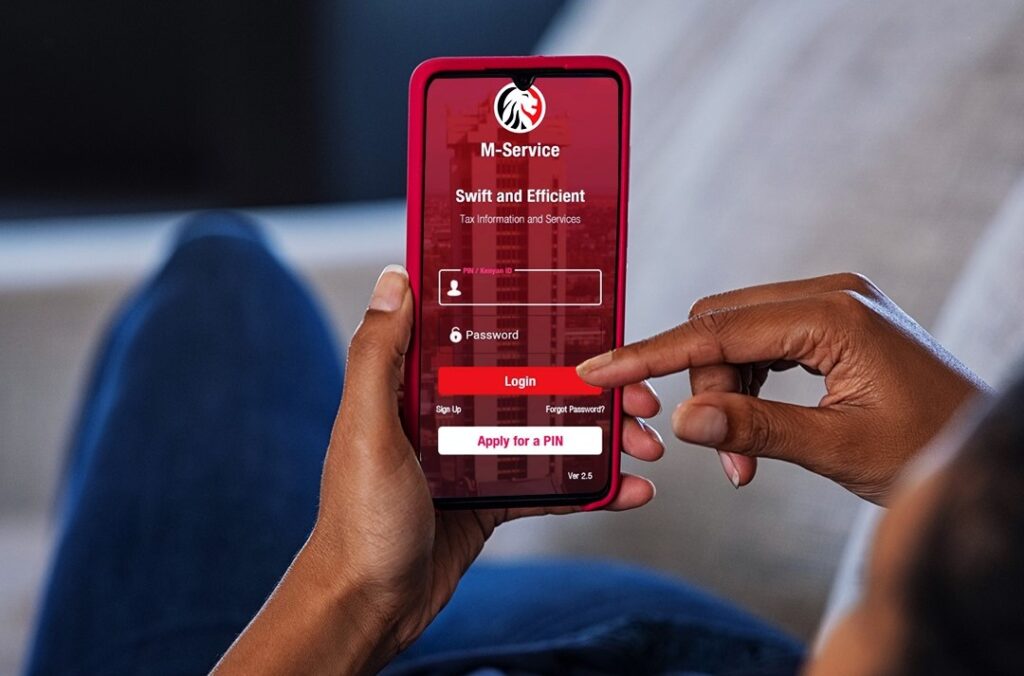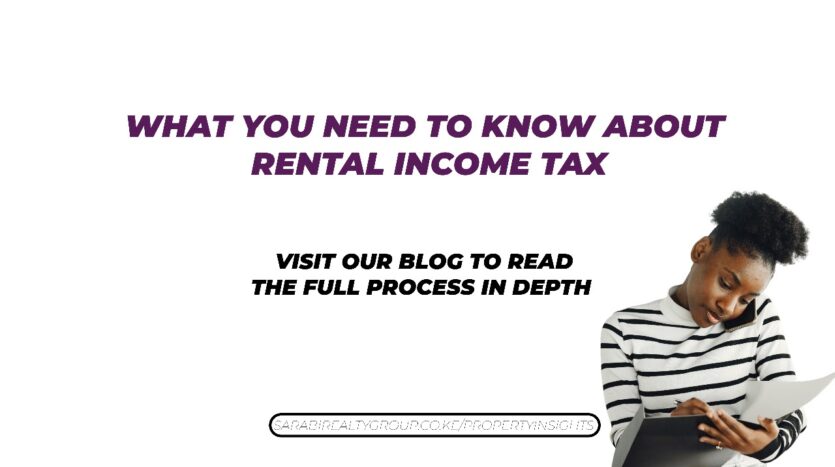Rental Income Tax in Kenya: What Every Landlord Should Know About KRA’s New Data Collection Drive
If you own rental property in Kenya, there’s an important update you can’t afford to ignore. Starting January 1, 2025, a 7.5% tax on gross rental income will take effect — replacing the current 10% rate, which remains valid until December 31, 2024. This new rate will be final, meaning you can’t deduct costs, losses, or depreciation before calculating what you owe.
But that’s not all — the Kenya Revenue Authority (KRA) has launched a comprehensive data collection exercise aimed at identifying landlords who haven’t been paying their rental income taxes. If you’re a property owner, it’s time to get ahead of this.

Why the KRA Data Collection Matters
The KRA rolled out this initiative back in 2022 to close the gap in tax collection, particularly from landlords flying under the radar. While it began in Nairobi, it’s gradually expanding into other regions.
The goal? To ensure all landlords earning between Ksh 280,000 and Ksh 15 million annually from residential rentals are paying their fair share — as mandated under the Finance Act of 2015.
What Should Landlords Expect?
If your property hasn’t been visited yet, expect a knock soon. KRA officers will be deployed to inspect properties and gather data. However, they are required to properly identify themselves using KRA-issued staff IDs before requesting any personal information.
While the guidelines are still somewhat broad, landlords should prepare to be present during inspections and ensure they have relevant documents ready, including their KRA PINs.
Avoid the Wait — Self-Register via iTax
Instead of waiting for KRA officers to show up, you can take the proactive route and self-register your rental property through the KRA iTax portal. This not only ensures compliance but also helps avoid unnecessary scrutiny.
Additionally, you can manage your obligations using the KRA M-Service App, which offers a more accessible way to file your Monthly Rental Income (MRI) returns.

Staying Compliant: What You Need to Know
Landlords are required to submit their MRI tax returns monthly, by the 20th day of the following month. For instance, rent earned in January should be declared — and the tax paid — by February 20.
Here are the key penalties for non-compliance:
- Late filing: Ksh 2,000 or 5% of the tax owed (whichever is greater) for individuals; Ksh 20,000 or 5% for companies.
- Late payment: 5% of the tax due.
- Interest on late payment: 1% per month (or part thereof).
Even if you didn’t receive rent in a particular month, you are still required to file a NIL return.
New Tax Rules Effective January 2025
From January 1, 2025, the tax rate on residential rental income will be 7.5%, and it remains a final tax — meaning no deductions are allowed for repairs, mortgage interest, depreciation, or losses.
It’s important to note that commercial rental income, foreign-based landlords, and those earning over Ksh 15 million annually fall outside the MRI tax regime and are taxed under different rules.
Need Help? You’re Not Alone
If you’re unsure how to navigate this new terrain, there are professional tax accountants and consultants available to help you file accurately and on time. Alternatively, KRA’s customer care team can guide you through the process.
Final Thought
The new KRA data collection campaign signals a major shift in how rental income is monitored and taxed in Kenya. Whether you own a single unit or multiple apartments, it’s in your best interest to stay informed, stay compliant, and avoid unnecessary penalties.
Getting ahead of the curve — by self-registering via iTax and filing monthly returns diligently — isn’t just about following the law. It’s about protecting your investment and securing peace of mind.



